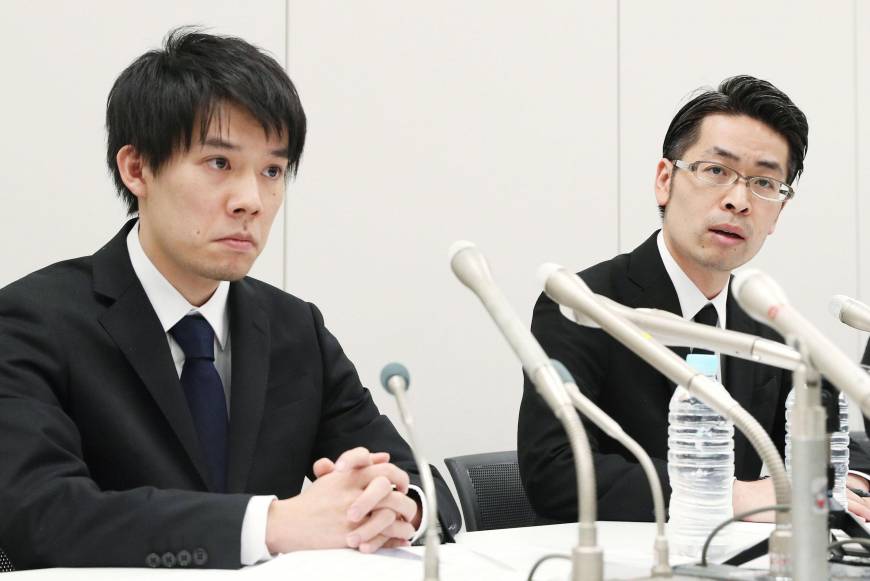Cryptocurrencies are bearing an ever-greater resemblance with real world assets. Just hours ago, popular online exchange Coinbase released its own index fund for cryptocurrencies.
According to Coinbase President and COO, the index was ‘a very simple to use, easy way to get exposure to the crypto-assets,’ that the exchange offers, he said for CNBC’s ‘Fast Money’ on Tuesday, 6 March.
The Coinbase Index Fund will allow US investors exposure for all digital assets that are currently part of the exchange’s offer, GDAX. The new index will weigh all cryptocurrencies based on their market capitalization.
It has been established repeatedly that pinpointing the ‘real’ value of Bitcoin is an elusive undertaking. With the help of the new index, on the other hand, the new Coinbase index will try to make sense of market currents and divine the future of cryptocurrencies.
The parallel here is drawn with the Dow Jones Index, which has helped make sense of the American economy as well.
Every country around the world who registers spikes of crypto trade has its own flagship exchange where people flock to exchange, trade, and sell currencies of varying values and denominations. In the case of the United States, this is Coinbase.
The GDAX exchange venue is well-adapted for the needs of professional traders from all stripes of the market. If you are looking to exchange bitcoin, bitcoin cash, Litecoin, and Ethereum, Coinbase is the place to be. Naturally, as all exchanges determine their own rules, you will note that Ripple and the spin-off, XRP, are excluded for the time being.
Coinbase has been doing tentative steps to expand its offer across cryptocurrencies. However, adding a new denomination of a crypto token takes thorough screening from the exchange and if it has been deemed too volatile, for example, or of not enough interest for investors, it is left out. Of course, Coinbase likes to revise its estimates when it adapts a new currency of any sort.
Mr Hirji has mentioned the mounting regulatory pressure from various institutions. Right now, the Internal Revenue Service (IRS) is looking into backdated unpaid taxes. The offensive that IRS has taken up against individuals who have not been paying cryptocurrency tax is in fact quite disconcerting. Nevertheless, we agree that it is necessary and individuals should be paying taxes on the crypto assets, no matter how libertarian these new money could be.
Mr Hirji now cites concerns that the Security Exchange Commission (SEC) is now also looking to investigate and regulate cryptocurrencies. However, the SEC is taking a different approach. Instead of going all out on cryptocurrencies, the regulator is more interested in surveying tokens that have been issued from Initial Coin Offerings (ICO).
At this point, Coinbase is trying to establish an efficient framework for the work of the exchange. Only US nationals will be allowed to invest on the coin exchange, which will make their tracking down easier, if it comes to illegal activities.
Meanwhile, Grayscale bitcoin also launched its new crypto product on Tuesday. Grayscale bitcoin is now looking to attract new investment who can clear the minimum investment threshold of $10,000. However, Grayscale will carry out one-year vesting period.
Coinbase on the other hand targets individual investors instead of large-scale operations. Mr Hirji remains upbeat that investors will flock to both exchanges, and very much others. He was cited by CNBC saying, “I think the investors are not going to want to pick specific winners or losers.”
Overview of Coin Exchanges
Coin exchanges around the world have been buffeted by anything from stringent regulations to hacker attacks. Coincheck, Japan’s largest trader by volume in terms of traded amounts was hacked at the beginning of the year. The media quickly dubbed it ‘one of the largest crypto hacks in history.’
What has made this incident so disturbing was not that the future of cryptocurrencies was undermined and the technology was proven useless in providing security. It was the simple human negligence that has led to millions of crypto assets leaving the exchange through a low-key and unsecured wallet.
In the particular case of Coincheck, the NEM crypto currency that has been syphoned off was taken out of the exchange thanks to a ‘hot’ wallet. These wallets are generally the opposite of ‘cold storage devices,’ which allow crypto assets to be stored securely off the grid.
With the theft of such vast funds, the world started to worry that its efforts to keep rogue regimes at bay have been in vain when North Korean hackers have been allegedly stealing money en masse from the crypto world.
At a time when exchanges have been undermined by and large, the appearance of companies such as Coinbase is mandatory to restore the trust in the sector and also win the good graces of regulators – from the United States to Asia.



Ԝοuld Вecoming A Freelance Paralegal Be A Ꮐood Option For
You?